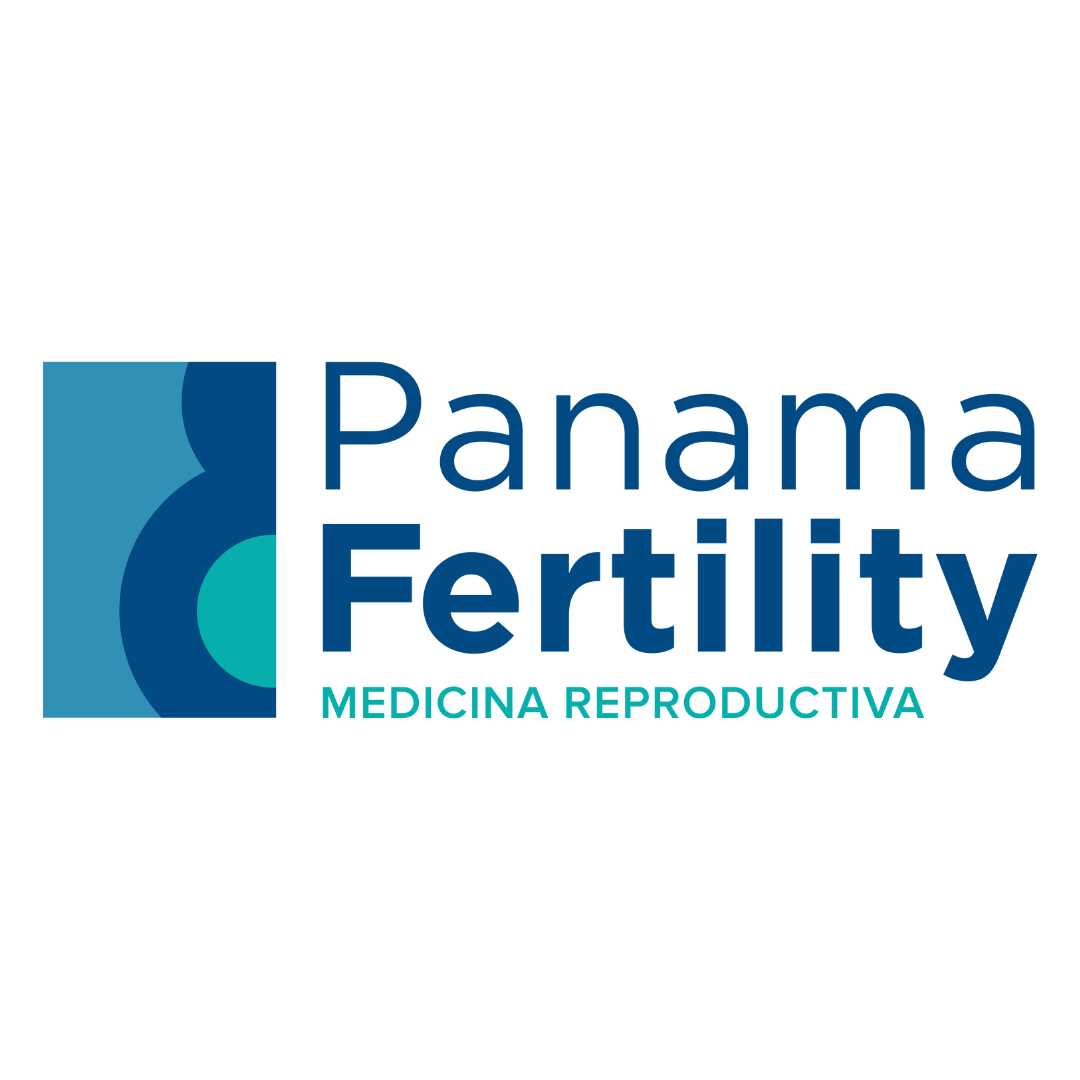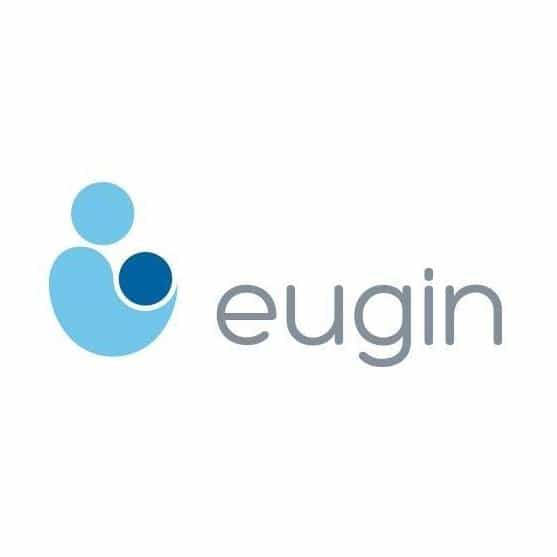Why Choose Colombia for Fertility Treatments?

Starting a family is a deeply personal journey, and for many, it involves exploring fertility treatments. If you're looking into your options, you may be wondering what's available and where to go. Increasingly, intended parents are turning to fertility tourism in Colombia, a country that has rapidly become a world-class destination for high-quality, affordable reproductive care. But what exact treatments can you get there? The answer is: virtually all of them. From basic procedures like IUI to the most advanced techniques like PGD-tested IVF and gestational surrogacy, Colombian clinics are equipped with state-of-the-art technology and staffed by internationally trained specialists.
This guide is designed to answer all the questions you might have, drawing from queries people just like you are asking online. We'll break down the types of treatments available, what they cost, what the legal landscape looks like, and what you can expect as an international patient. Colombia combines medical excellence with a warm, supportive environment, making it a leading choice for building your family. Let's dive into the specifics of what fertility treatments in Colombia have to offer.
Why is Colombia a popular destination for fertility treatments?
Colombia's rise as a top-tier medical tourism hub isn't an accident. It's built on a solid foundation of quality and value. The most significant draw is the cost-effectiveness. Procedures that are financially out of reach for many in North America or Europe are suddenly possible in Colombia, without sacrificing quality.
Top clinics in cities like Bogotá and Medellín (such as Inser) are often internationally accredited (e.g., by the Joint Commission International), meaning they adhere to the same high standards of care and safety as top hospitals in the U.S. Furthermore, many leading fertility specialists in Colombia have completed their training and fellowships in the United States or Europe, bringing that expertise home. This, combined with bilingual staff and dedicated international patient coordinators, creates a seamless and stress-free experience for visitors.
What is the cost of fertility treatments in Colombia?
The affordability of Colombian fertility care is a primary reason so many international patients travel there. The savings are substantial, even after factoring in flights and accommodation. These lower prices are not due to lower quality but reflect the country's lower cost of living and operational expenses.
Here is a detailed comparison of typical fertility treatment costs:
| Treatment / Service | Average Cost in Colombia (USD) | Average Cost in the U.S. (USD) |
|---|---|---|
| Intrauterine Insemination (IUI) | $400 - $800 | $1,500 - $4,000 |
| Standard IVF Cycle | $3,500 - $6,000 | $15,000 - $25,000+ |
| Fertility Medications (for IVF) | $800 - $2,000 | $3,000 - $7,000 |
| IVF with Egg Donation | $6,500 - $9,000 | $30,000 - $45,000 |
| Egg Freezing (Cycle) | $2,500 - $4,500 | $10,000 - $18,000 |
| PGT-A Genetic Testing (Add-on) | $2,000 - $4,000 | $4,000 - $7,000 |
| Gestational Surrogacy (Package) | $50,000 - $80,000 | $150,000 - $250,000+ |
What is the process for an international patient?
Leading Colombian clinics have well-established protocols for international patients to make the journey as smooth as possible. The typical process looks like this:
- Step 1: Initial Virtual Consultation: You will have a video call with a bilingual fertility specialist to review your medical history, discuss your goals, and outline potential treatment plans.
- Step 2: Remote Diagnostics: You may be asked to complete some initial tests (like blood work and ultrasounds) in your home country. These results are sent to the clinic in Colombia for review.
- Step 3: Treatment Planning: The medical team creates a detailed, personalized treatment plan and timeline for you. An international patient coordinator will help you with all logistics, from scheduling to travel and accommodation recommendations.
- Step 4: Travel to Colombia: You will travel to Bogotá, Medellín, or another major city for your procedure. The required stay varies; a typical IVF cycle requires about a 3-4 week stay.
- Step 5: Treatment and Monitoring: You will undergo your main treatment (e.g., ovarian stimulation, egg retrieval, embryo transfer) at the clinic, with regular monitoring.
- Step 6: Return Home and Follow-Up: After the procedure, you can return home. Your pregnancy test and early pregnancy care will be coordinated with your local doctor, while your Colombian fertility team provides continuous virtual support.
What are the IVF success rates in Colombia?
This is one of the most important questions, and the answer is reassuring. Reputable Colombian clinics are transparent about their success rates and adhere to international standards for reporting. Their outcomes are competitive with the best clinics worldwide. For example, success rates for IVF with egg donation are often particularly high, frequently in the 60-70% range per transfer, as donors are young and healthy.
It's crucial to remember that success depends heavily on individual factors, primarily the woman's age (when using her own eggs) and the embryo's quality. Clinics in Colombia mitigate risks and boost success by using advanced technologies like PGT-A genetic testing and increasingly recommending Single Embryo Transfer (SET) to ensure a healthier, full-term pregnancy.
What is In Vitro Fertilization (IVF) in Colombia?
IVF is the cornerstone of advanced fertility treatment and is commonly used to overcome a wide range of issues, from blocked fallopian tubes and severe male-factor infertility to unexplained infertility. The process involves several stages: ovarian stimulation with medication to produce multiple eggs, a minimally invasive egg retrieval procedure, fertilization in the lab, and finally, the embryo transfer.
Colombian clinics offer all modern variations of IVF, including ICSI (Intracytoplasmic Sperm Injection), where a single sperm is injected directly into each egg. This technique has revolutionized treatment for male infertility and is now used in a majority of IVF cycles at many clinics.
Is surrogacy legal in Colombia?
The legal situation for surrogacy in Colombia is unique. Unlike countries with strict commercial surrogacy laws, Colombia permits "altruistic" surrogacy. This means the surrogate mother (gestational carrier) cannot be paid a "fee" for carrying the child, but she must be fully compensated for all expenses related to the pregnancy, including medical bills, lost wages, maternity clothes, travel, and a reasonable stipend for her time and effort.
This "unregulated but permitted" status means that having an experienced legal team from the very beginning is not just recommended—it's essential. Your lawyers will draft all contracts and, most importantly, manage the post-birth legal process to establish your parental rights.
Who is eligible for surrogacy in Colombia?
This is a key reason why Colombia has become a global destination for surrogacy. The legal framework is inclusive and welcoming. As long as there is a genetic link to at least one of the intended parents (either through sperm or egg), the path to surrogacy is open. This progressive and non-discriminatory approach provides a secure and reliable option for many intended parents who face restrictions in their home countries.
What is the legal process for surrogacy in Colombia?
This post-birth legal process is the most critical part to understand. It is a well-defined procedure managed by your legal team. Here's how it works:
- At Birth: The hospital issues a birth certificate that typically includes the surrogate mother's name and the name of the intended father (or sperm donor).
- Parentage Claim: Your lawyer immediately files a legal claim, presenting the surrogacy contract and a DNA test proving the genetic link.
- Legal Judgment: A judge issues a ruling that "impugns" the surrogate's maternity, legally removing her from the birth certificate and affirming the intended parent(s) as the sole legal parents.
This process is routine for experienced agencies and law firms in Colombia. Once complete, you can obtain your child's passport from your home country's embassy and travel home as a legally recognized family.
What is Egg Donation in Colombia?
Using an egg donor is a very common and highly successful path to parenthood. In Colombia, all egg donations are anonymous by law. This means you will not see photos of the donor or meet her, but you will be provided with extensive non-identifying information about her, such as her physical characteristics (height, hair/eye color), education level, medical history, and family health history. Clinics are exceptionally skilled at matching donors to recipients based on these characteristics.
How are egg donors screened in Colombia?
The safety and quality of the donor program are paramount. Donors are typically healthy women between the ages of 21 and 30. The screening is extensive to ensure the best possible outcome and to minimize any health risks for the baby. This thorough vetting process is a key reason for the high IVF with egg donation success rates in Colombia.
Is Sperm Donation available in Colombia?
Sperm donation is a straightforward and common procedure used by couples with severe male-factor infertility, single women, and same-sex female couples. Colombian clinics provide access to high-quality, screened donor sperm, making it an accessible option for many intended parents.
What is Egg Freezing (Fertility Preservation) in Colombia?
This procedure is an empowering option for women who wish to delay childbearing for personal or professional reasons, or for medical reasons such as an upcoming cancer treatment. The cost to complete one egg freezing cycle in Colombia is typically between $2,500 and $4,500, which is a fraction of the cost in the U.S. This price often includes the first year of storage. Subsequent annual storage fees are also very low, often just a few hundred dollars per year.
What are PGD and PGT-A genetic testing?
These advanced genetic tests are available at all top Colombian fertility clinics and are a major technological advantage. PGT-A is highly recommended for women over 35 or those with a history of recurrent miscarriage. By testing the embryos *before* transfer, doctors can select the one with the correct number of chromosomes, which dramatically increases the chance of successful implantation and a healthy, full-term pregnancy, while lowering the risk of miscarriage.
What treatments are available for male infertility?
Male-factor infertility is a component in up to 50% of infertility cases. Beyond ICSI, clinics are equipped to handle complex cases. If no sperm is present in the ejaculate, a urologist can perform a minor surgical procedure to retrieve sperm directly from the testicles. These advanced options mean that fatherhood is still possible even in cases of severe male infertility.
How safe are fertility treatments in Colombia?
Patient safety is the highest priority. The standards of care at major fertility centers in Bogotá and Medellín are on par with those in the U.S. or E.U. Clinics actively work to minimize risks. For example, by strongly encouraging SET (transferring just one genetically tested, high-quality embryo), they reduce the chances of twins or triplets, which carry significantly higher health risks for both the mother and babies.
What is IUI, and is it offered in Colombia?
IUI is often a starting point for couples with mild male-factor infertility, cervical issues, or unexplained infertility. It's a much simpler and less expensive procedure than IVF. The process involves monitoring the woman's cycle (with or without fertility medication) and performing the insemination in a simple, in-office procedure that takes only a few minutes.
Ready to explore your fertility options in a world-class, affordable destination? Don't let borders limit your dreams of building a family.




.png)
.png)




.png)






Share this listing